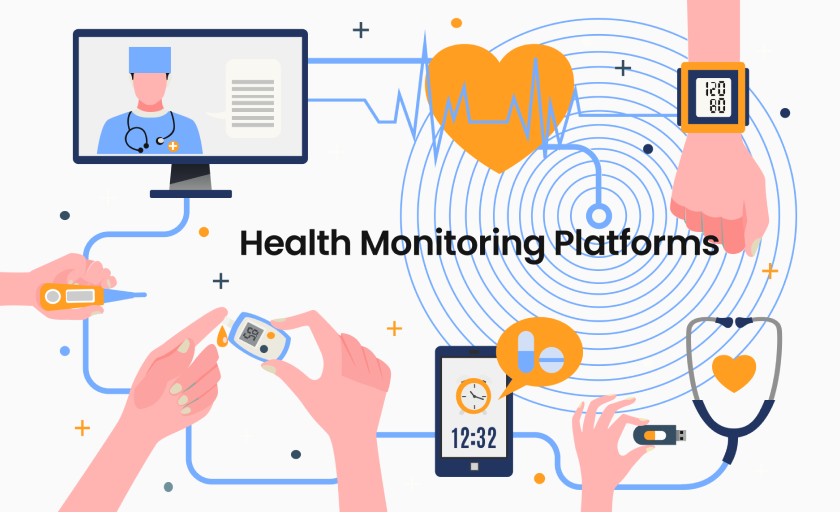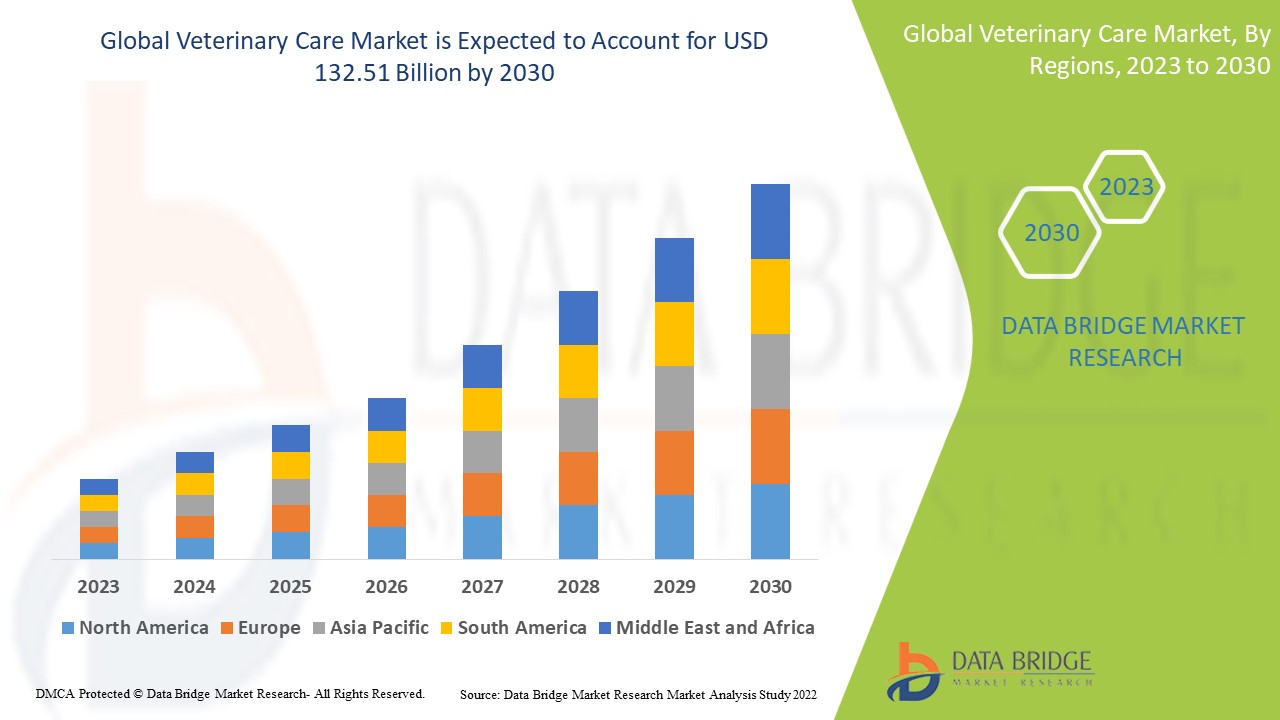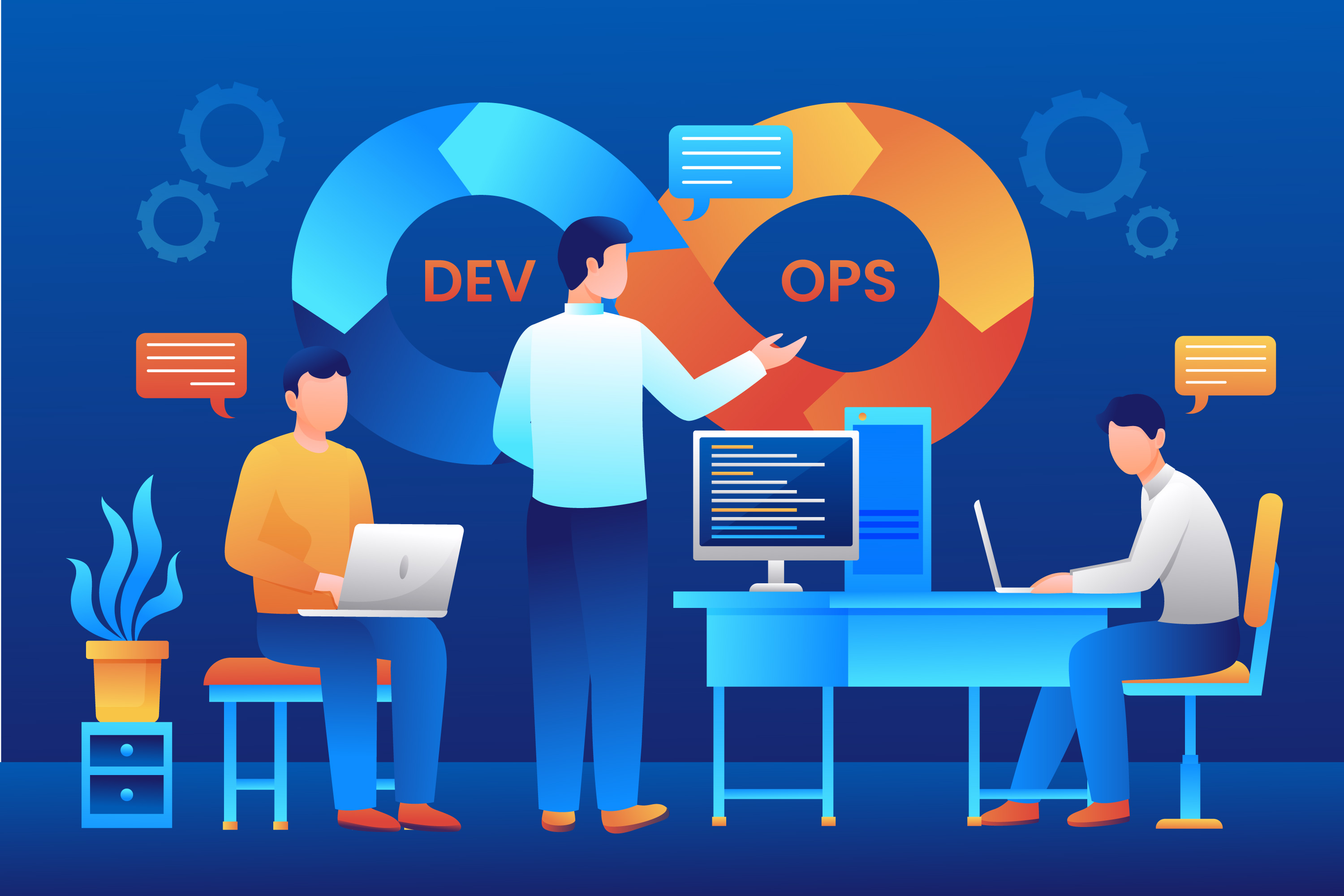Introduction
In the fast-paced world of technology, businesses are continually seeking ways to enhance their development processes, improve collaboration, and accelerate time-to-market for their products. DevOps, a portmanteau of Development and Operations, has emerged as a transformative approach to software development and IT operations, fostering seamless collaboration and automation throughout the entire software development lifecycle. DevOps development services have become integral for organizations aiming to stay competitive and agile in today’s dynamic market.
Understanding DevOps
DevOps is not just a set of tools; it’s a culture and a set of practices that bridge the gap between development and operations teams. The core principles of DevOps include collaboration, automation, continuous integration, continuous delivery, and continuous monitoring. By breaking down silos between development and operations, DevOps aims to create a more efficient and streamlined software delivery pipeline.
Key Components of DevOps Development Services
- Continuous Integration (CI): DevOps promotes the use of continuous integration tools to automatically merge code changes from multiple contributors into a shared repository. This ensures that code is always in a deployable state, reducing integration issues and enabling faster development cycles.
- Continuous Delivery (CD): Continuous Delivery focuses on automating the deployment process to consistently and reliably deliver software to production. It allows organizations to release new features or updates quickly and with minimal risk, promoting a more responsive and customer-centric approach.
- Infrastructure as Code (IaC): IaC involves managing and provisioning infrastructure through machine-readable script files, rather than through physical hardware configuration or interactive configuration tools. This helps in creating a more consistent and reproducible environment, reducing the risk of configuration drift.
- Automated Testing: DevOps emphasizes automated testing at various stages of the development process. This includes unit testing, integration testing, and end-to-end testing, ensuring that software changes are thoroughly validated before reaching production.
- Monitoring and Logging: Continuous monitoring and logging are crucial for identifying issues in real-time and proactively addressing them. DevOps development services include the implementation of monitoring tools to track application performance, detect anomalies, and ensure a high level of reliability.
Benefits of DevOps Development Services
- Accelerated Time-to-Market: DevOps practices enable faster and more frequent releases, reducing the time it takes to bring new features or products to market. This agility is essential in today’s competitive landscape.
- Improved Collaboration: Breaking down the traditional barriers between development and operations teams fosters better communication, collaboration, and shared responsibility. This leads to a more cohesive and efficient development process.
- Enhanced Quality and Reliability: Automated testing and continuous monitoring contribute to the overall quality and reliability of software. By catching and addressing issues early in the development cycle, organizations can deliver more robust and stable applications.
- Cost-Efficiency: Automation in infrastructure provisioning and deployment processes results in cost savings by reducing manual effort, minimizing errors, and optimizing resource utilization.
- Scalability: DevOps practices are scalable and adaptable to various project sizes and complexities. Whether working on small-scale applications or large enterprise solutions, the principles of DevOps can be tailored to fit the needs of the organization.
Conclusion
DevOps development services have become a cornerstone for organizations looking to stay ahead in the ever-evolving landscape of software development and IT operations. By embracing a DevOps culture and implementing its core principles and practices, businesses can achieve faster, more reliable, and efficient software delivery. As organizations continue to prioritize agility, collaboration, and innovation, DevOps will remain a key enabler of success in the digital era.











